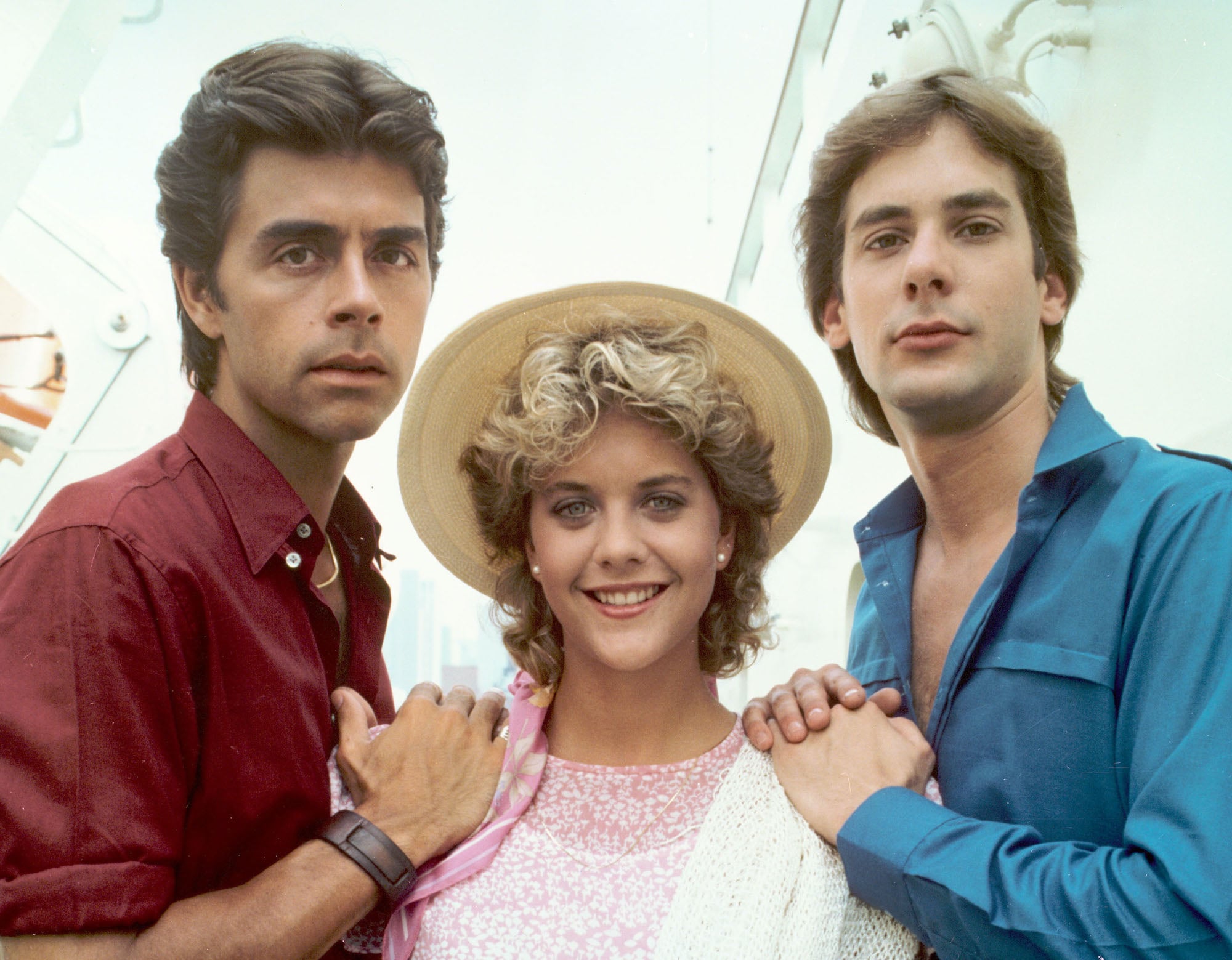



These elements may be found across the gamut of soap operas, from EastEnders to Dallas. "Soap narratives, like those of film melodramas, are marked by what Steve Neale has described as 'chance meetings, coincidences, missed meetings, sudden conversions, last-minute rescues and revelations, deus ex machina endings' ". The storylines follow the day-to-day activities and personal relationships of these characters. Fitting in with these characteristics, most soap operas follow the lives of a group of characters who live or work in a particular place, or focus on a large extended family. The main characteristics that define soap operas are "an emphasis on family life, personal relationships, sexual dramas, emotional and moral conflicts some coverage of topical issues set in familiar domestic interiors with only occasional excursions into new locations". In the USA, the phrase "soap opera" has also entered the language as a metaphor that can be applied to any narrative, either real or imagined, that appears to be excessively laced with emotion, and contains what appear to be unlikely dramatic twists: "Her life is one big soap opera." Additionally, evening soap operas and other serials that run for only part of the year tend to bring things to a dramatic end-of-season cliffhanger. Soap opera episodes typically end on some sort of cliffhanger.Įvening soap operas sometimes differ from this general format and are more likely to feature the entire cast in each episode, and to represent all current storylines in each episode. When one storyline ends there are always several other story threads at differing stages of development. Soap operas rarely "wrap things up" storywise, and generally avoid bringing all the current storylines to a conclusion at the same time. There is some rotation of both storylines and actors so any given storyline or actor will appear in some but usually not all of a week's worth of episodes. Each episode may feature some of the show's current storylines but not always all of them. An individual episode of a soap opera will generally switch between several different concurrent story threads that may at times interconnect and affect one another, or may run entirely independent of each other. Soap opera stories run concurrently, intersect, and lead into further developments. Each episode ends with a promise that the storyline is to be continued in another episode". The defining feature that makes a program a soap opera is that it, according to Albert Moran, is "that form of television that works with a continuous open narrative. What differentiates a soap from other television drama programs is the open-ended nature of the narrative, with stories spanning several episodes. The term soap opera has at times been generally applied to any romantic serial, but is also used to describe the more naturalistic, unglamorous evening, prime-time drama serials of the UK such as Coronation Street. These early radio serials were broadcast in weekday daytime slots when mostly housewives would be available to listen thus the shows were aimed at and consumed by a predominantly female audience. The name soap opera stems from the original dramatic serials broadcast on radio that had soap manufacturers such as Procter and Gamble, Colgate-Palmolive, and Lever Brothers as the show's sponsors. Programs described as soap operas have existed as an entertainment long enough for audiences to recognize them simply by the term "soap".

A soap opera is an ongoing, episodic work of fiction, usually broadcast on television or radio.


 0 kommentar(er)
0 kommentar(er)
